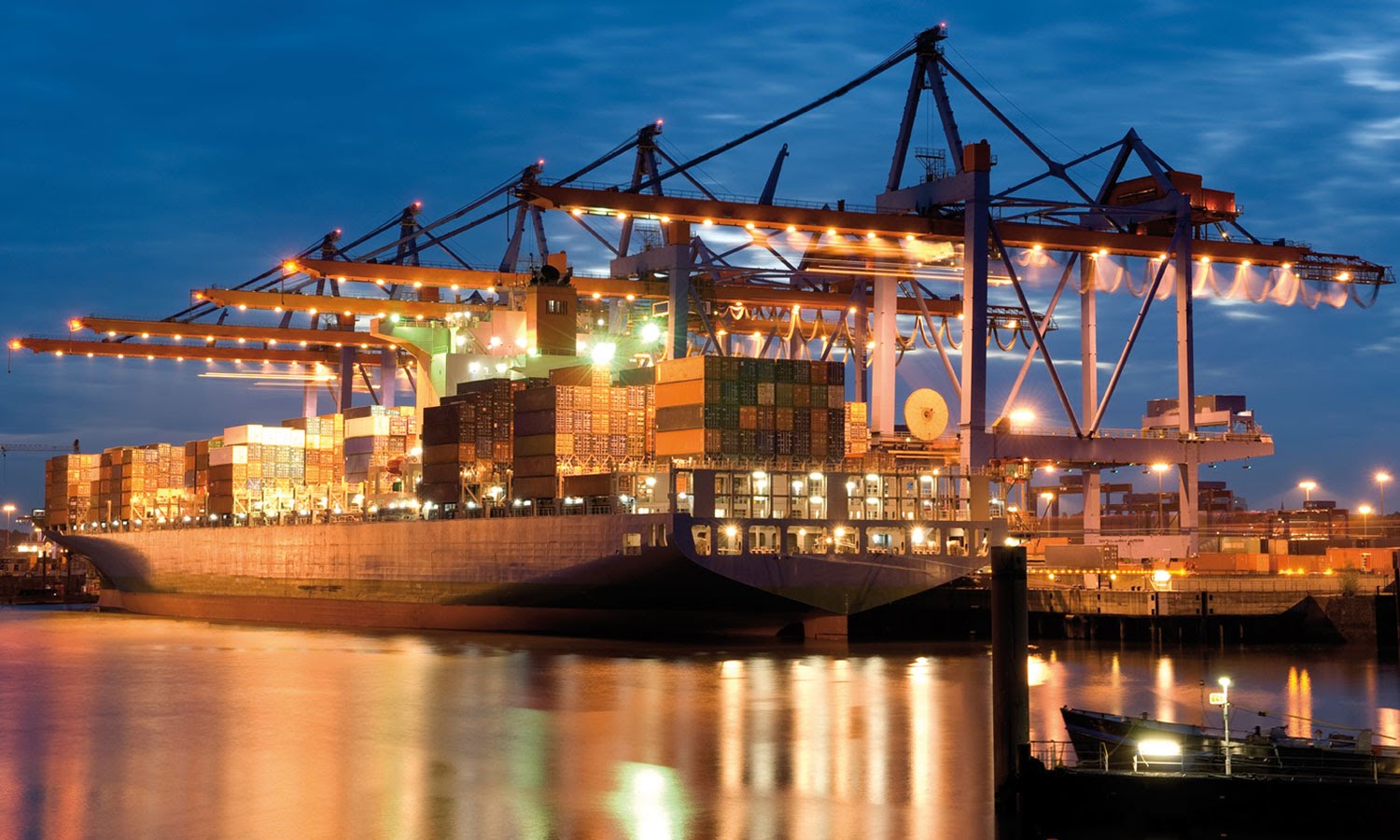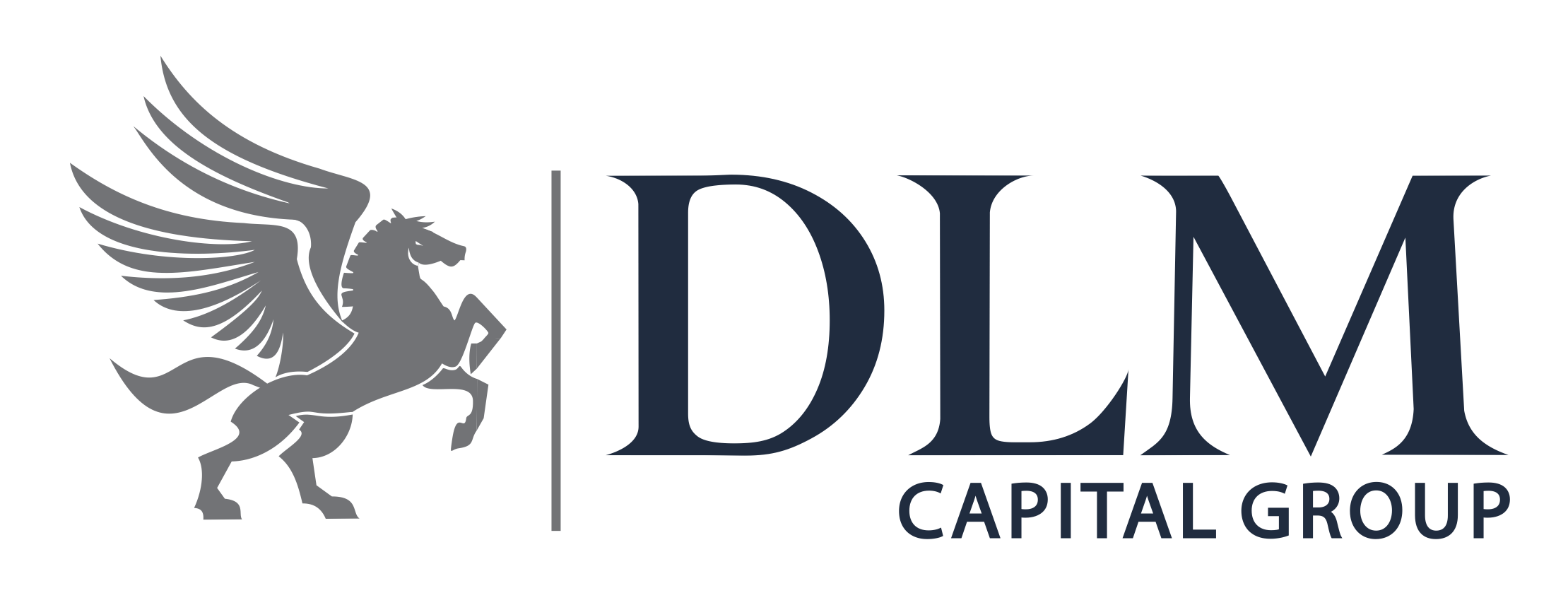- NPA’s Waste Collector Acquires $4.5m Equipment
To clear waste at the ports, the Nigerian Ports Authority (NPA) refuse collector has acquired a $4.5 million equipment.
African Circle Pollution Management Limited (ACPML) will use the equipment to fight pollution in the oceans, lagoons, ports and waterways.
Speaking after the installation of the Oily Water Separator (OWS) plant in Port Harcourt, the Rivers State capital, ACPML Chairman Chief Olusegun Osoba said the equipment, would ensure effective management of water pollution and waste generated from ships.
Over 250 Nigerians, said Osoba, former Ogun State Governor were working with the company.
ACPML, he said, had embarked on initiatives that will reduce ship pollution and cargo residue on the nation’s waters to create cleaner sea for shipping operation in the country.
According to Osoba, the equipment, will enable the firm to tackle pollution and waste generated by vessels.
The equipment, he noted, would enhance ACPML operations as contained in the agreement it signed with the government on waste management at the ports
According to him, the ACPML uses specialised equipment to take liquid waste, including sludge and bilge from ships calling in the nation’s seaports in line with the provisions of International Maritime Organisation (IMO), the International Convention for the Prevention of Pollution from Ships (MARPOL) 1972, 1973 and 1978 conventions and other related laws
He said ACPML remains committed to safety of the nation’s waterways, adding that the company will continue to support the present management of NPA as it continues to promote the Nigerian economy through the maritime sector.
The former governor disclosed that more Nigerians would be employed and more equipment would be purchased by the company based on the transparent administrative attitude now prevalent in the NPA.
“We have modern and world-class facilities; and highly trained and professional staff to deliver services with internationally accepted quality, safety and environment standards.
“Our company is an environmentally conscious company applying the Best Available Techniques (BAT) and Best Environmental Practice (BEP) to safely collect all vessel related waste in line with the stipulated best international practice.
“IMO does not allow indiscriminate dumping of waste in the oceans and waterways. This is to protect the environment and the Eco system. What we do is to collect waste from the vessels calling on Nigerian ports and waterways, all kinds of wastes including oil.
“We don’t just take this waste and dump them in the dumping site, we treat them and make sure we satisfy the international standard of waste management. That is what the new equipment will assist us to do,” he explained, adding that the equipment is one of the most modern in the entire West coast of Africa.
“We are the most modern because the IMO does not allow incineration of waste anymore. What the IMO requires now is the recycling of the waste in such a way that no harm is dumped in the waterways, the oceans and the lagoons to ensure that the water lives and air waves are all protected,” the elder statesman explained.
Osoba praised NPA Managing Director Ms Hadiza Bala Usman for institutionalising transparency and efficiency in port operation.“Since the appointment of Ms Hadiza Bala Usman by President Buhari, the first thing I noticed is that she has been able to reduce beaurocracy in the Nigerian Ports Authority.
“The beaurocratic tendencies have been virtually wiped out. The result of this is that more efficiency and transparency have been brought into the business transaction with the Nigerian Ports Authority.
“If anybody is complaining about Hadiza Bala Usman, from our own experience in Africa Circle, it must be that such people are not transparent in our own view. And if you are not transparent and compliant to the rules and regulations of NPA, you will run into trouble water with Hadiza Bala Usman.
“Hadiza is not doing what she is doing at NPA by accident, she is doing it through pedigree and what she imbibed from her late father Bala Usman who was introduced to me by the former governor of Kaduna State Alhaji Barabe Musa,” Chief Osoba said.
ACPML, he said, is toeing the line of NPA to ensure that Nigeria under the present administration of President Buhari fulfill its obligations as a key member of IMO.
According to him, ACPML will not relent in ensuring that it fulfills the provisions of the agreement it signed with the Federal Government through the NPA.
Under the agreement, ACPML is mandated by the Federal Government to provide waste reception facilities at the nation’s seaports in line with the guidelines of IMO particularly marine pollution (MARPOL) 72, 73, and 78.
Investigation revealed that the company has many specially adapted garbage trucks on ground in Port Harcourt, Rivers State; Calabar, Cross River State; and Warri, Delta State.
The equipment is outside with over 1,000 tonnes capacity tank farm at the ACPML waste management facility at Snake Island which was designed to safely hold hazardous waste while waiting recycling.
The company, he said, has the determination to become the leader in comprehensive waste management for the oil and gas industries of Sub Saharan Africa and the whole of Africa by providing the necessary equipment systems and trained personnel to achieve this while delivering the best and most efficient solutions for marine, oil and gas production and shipboard waste disposal.
Osoba noted that before the coming on board of the Usman-led administration it was extremely difficult for the firm to get her money released, a development he said affected the company’s performance and delivery of its responsibilities.


 Forex4 weeks ago
Forex4 weeks ago
 Naira4 weeks ago
Naira4 weeks ago
 Billionaire Watch3 weeks ago
Billionaire Watch3 weeks ago



 Naira4 weeks ago
Naira4 weeks ago






 Naira3 weeks ago
Naira3 weeks ago


 Naira2 weeks ago
Naira2 weeks ago






 Naira2 weeks ago
Naira2 weeks ago


 Naira3 weeks ago
Naira3 weeks ago





















